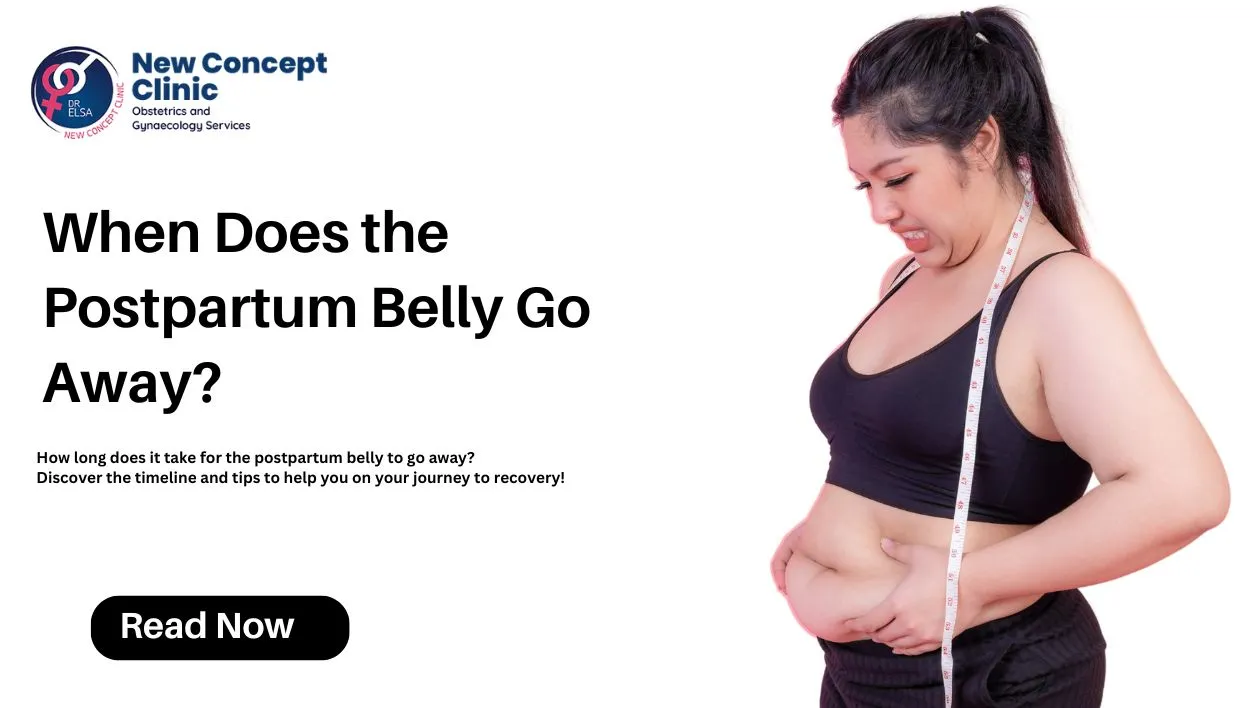

It can be difficult to process the changes that occur prior to, during, and following pregnancy. Your body and life will alter in new and exciting ways. You have a newborn, new responsibilities, and a new body. After giving birth, you may be tempted to work on enhancing your postpartum belly.
During pregnancy, your body changes form to suit carrying another person. You get stretch marks, gain weight, and crave various meals. After giving birth, you may discover that your body is not much different than it was when pregnant. For some women, this holds true even a year or more after having a child. It is feasible for your postpartum tummy to disappear, but it will require time and effort.
Losing weight naturally. When you give birth, you'll lose at least 13 pounds due to fluid loss, the placenta, and your child's weight leaving your body. You will most likely lose more weight after the first week postpartum. However, your belly may still look like it did when you were pregnant.
This is normal, and once you give delivery, your stomach and uterus will begin to contract to their pre-pregnancy sizes. Expect your uterus to fully contract in about six weeks. At six weeks, you may have lost the weight you acquired while pregnant.
This is especially true when you are breastfeeding. Breastfeeding mothers lose approximately 500 calories each day. This is because your body uses the calories saved during pregnancy to generate milk and feed your baby.
If you have a postpartum tummy a year later, don't worry. Adjusting to becoming a new mother is difficult, and losing a postpartum belly takes time. Keep in mind that some women's skin is less elastic than others. If you are one of these people, your stomach may take longer to recover to pre-pregnancy shape.
Abdominal separation. Many pregnant women develop diastasis recti, often known as abdominal separation. This occurs as your uterus swells and the abdominal muscles separate. It makes your stomach stick out. It occurs as a result of hormones and the pressure that a growing baby places on your body.
Abdominal separation occurs when women have more than one child, twins, or a bigger baby. If you have abdominal separation, your stomach may appear irregularly shaped or bulging. Some women have back pain. Abdominal separation occurs postpartum and requires time to repair.
You can avoid abdominal separation by not exerting too much pressure on your stomach when pregnant. Avoid hard core exercises such as planks and sit-ups. After giving birth, avoid lifting heavy objects, performing intense abdominal stretching, or sitting up too quickly.
If you have abdominal separation, be gentle with your body and perform certain specialised workouts. You can also wear compression underwear or a brace to help with muscle separation. In severe cases, surgery can help reconstruct your abdominal wall.
Remember to listen to your body after giving delivery. You should feel soreness and agony, but not excessively. It is critical that you do not push yourself beyond your comfort zone and seek help when you need it.
Exercise. Your postpartum belly will naturally shrink over time. There are several things you can do at home to help with your postpartum tummy. When your doctor says it's okay, attempt to incorporate exercise into your everyday routine. Begin with walking and light bodyweight movements. Over time, you can incorporate running and core activities. Kegel exercises are effective for strengthening the pelvic floor.
Eat well. Try to eat well after giving birth, just like you did while pregnant. Breastfeeding will improve your health and supply your kid with more nutrition. Furthermore, eating a well-balanced diet can help you shed postpartum weight.
Be practical. Remember that giving birth is one of the most incredible things you will ever experience. It challenges your body in ways you never imagined possible. But all of this transformation necessitates rest and healing. Allow yourself as much rest and healing time as possible in the weeks and months following childbirth.
You might hear in the news about mothers who restore their pre-pregnancy bodies shortly after giving birth. However, this is not the normal experience. If you follow the prescribed diet and schedule for postpartum women, you will gradually and steadily shed the weight you gained during pregnancy without having to worry about it.
At New Concept Clinic, we have the top gynecologist in Dubai, who provides comprehensive care, from first consultation and diagnosis to treatment and surgical procedures. Call now to schedule an appointment.